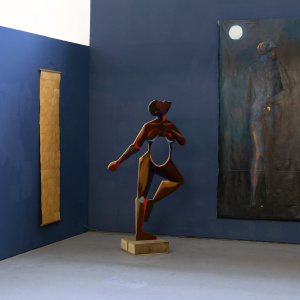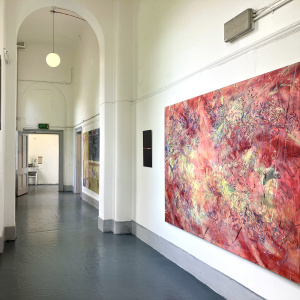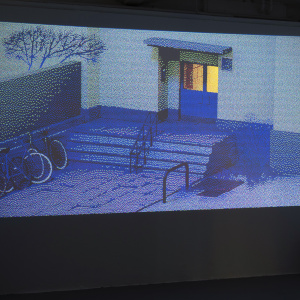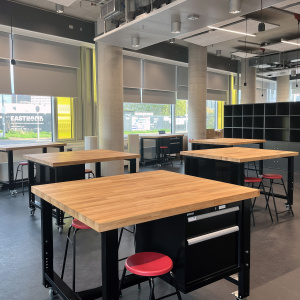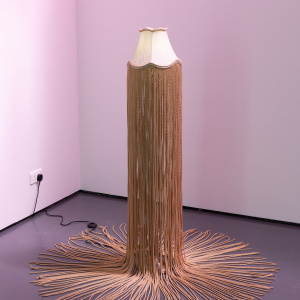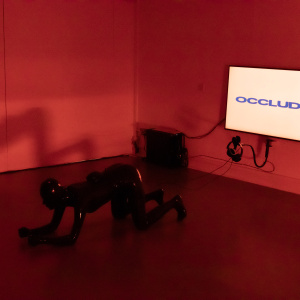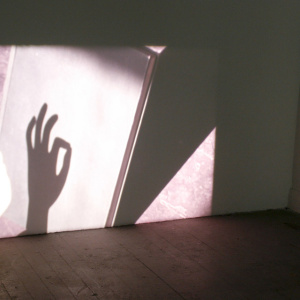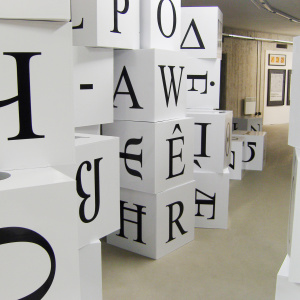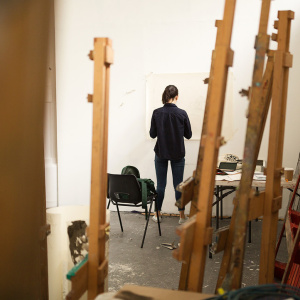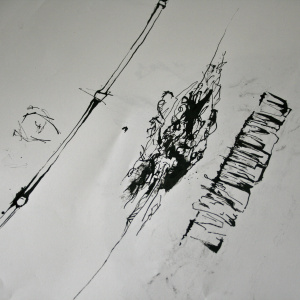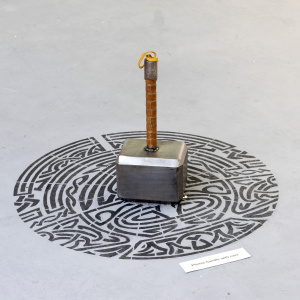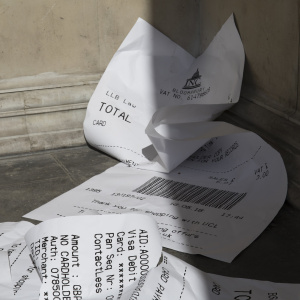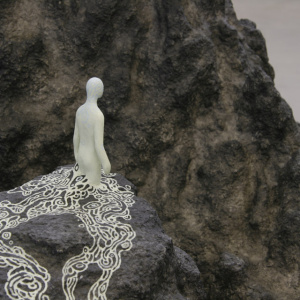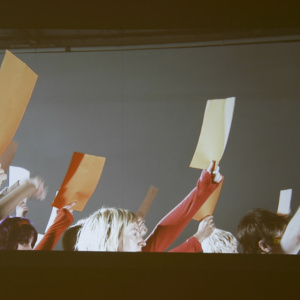Study
The Slade offers two undergraduate programmes, the BA and the BFA in Fine Art; two Masters programmes, the MA and MFA in Fine Art; the MPhil/PhD in Fine Art, plus affiliate student and short course programmes. An experimental research-oriented approach is at the heart of a practice-based teaching environment, with each student - from BA/BFA through to PhD - expected to conduct individual and original art research from day one.
We also run short course programmes for the public during the autumn and spring terms and at Easter. From July–September we hold our Summer School offering a wide range of art courses for all levels of experience.
